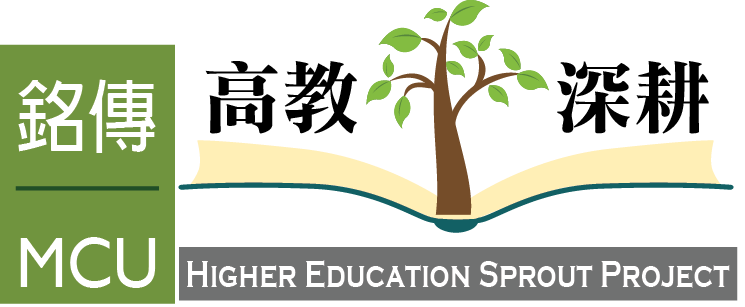1. Origin of the Plan
According to a satisfaction survey of recent graduates, students identified critical thinking, problem-solving, analytical skills, interaction, communication, and professional knowledge as the most significant benefits gained during their studies. Additionally, they emphasized that the core competencies the university should develop in students include interaction/communication, professional knowledge, foreign language proficiency, and practical skills.
In response, the university has proposed a plan to enhance industry-academia collaboration to improve students’ problem-solving abilities. This will be achieved through three developmental pathways: practical internships, technological research and development, and innovation and entrepreneurship. These pathways aim to connect students with the job market during their studies, offering insights into industry roles and challenges while encouraging reflection. By applying professional knowledge acquired in school, students can strengthen their skills and identify solutions to real-world problems.
The university has excelled in industry-academia collaboration in recent years, with over 42% of students participating in off-campus internships in 2022 and an internship satisfaction rate exceeding 4.2 out of 5. The second phase of the plan will continue to enhance these efforts. Furthermore, the introduction of new technology courses will expand the scope and depth of faculty-student collaboration with industry, inspire students to innovate and start businesses, and align with the university’s educational goals of “Globalizing Local Knowledge, Localizing Global Knowledge” and “Industrializing Knowledge, Knowledge-Driven Industry.” These efforts aim to achieve seamless integration between education and society, fostering graduates who are “employment-ready upon graduation.”
2. Objectives and Vision
As a comprehensive university with 12 colleges and over 18,000 students, the institution faces significant challenges in guiding students with diverse career aspirations and employment trajectories. The university begins cultivating basic competencies and employability skills from the moment students enroll.
Based on feedback and analysis from alumni over the years, the university has identified three primary pathways for developing employability during students’ time on campus: practical internships, technological research and development, and innovation and entrepreneurship.
- Practical Internships: Certain fields emphasize interpersonal communication, teamwork, and professional interaction. For these, workplace-based learning opportunities are essential, achieved through off-campus internships.
- Technological Research and Development: Some disciplines focus on deepening individual expertise to address constantly evolving technological challenges. This requires close collaboration with faculty to enhance students’ theoretical and practical knowledge.
- Innovation and Entrepreneurship: Other fields prioritize creativity and entrepreneurial vision. For students passionate about pursuing innovative ideas, the university provides necessary guidance and knowledge in management, operations, finance, and legal matters, equipping them to overcome future challenges and increasing their chances of entrepreneurial success.
Grounded in this multi-faceted approach to enhancing students’ employability and problem-solving skills, the second phase of the plan will strengthen the support mechanisms for these three pathways. By integrating new technologies into workplace practices, the university aims to develop graduates capable of using technology to solve problems, offering fresh perspectives and innovation to industries.
3. Framework of the Plan
To achieve the outlined objectives, this sub-project employs three key strategies:
- Enhancing Practical Internship Systems
- Fostering an Innovation and Entrepreneurship Ecosystem
- Strengthening Industry-Academia Collaboration Mechanisms
These strategies will be implemented through initiatives across three areas—practical learning, technological R&D, and innovation and entrepreneurship—including:
- Career counseling and industry-academia matchmaking
- Comprehensive off-campus internship systems
- Smart enterprise internship matching
- Development of on-campus practical learning environments
- Faculty participation in industry workshops
- Promotion of cross-border industry-academia collaboration
- AI talent empowerment
- Idea incubation through creative idea workshops
- Innovation and entrepreneurship incubation support
- Establishment of smart matching platforms
By leveraging faculty with practical experience, the university will equip students with a balanced foundation of theory and practice. This approach aims to cultivate students’ creativity and innovation, enhance their employability, and meet the demands of industry and society

